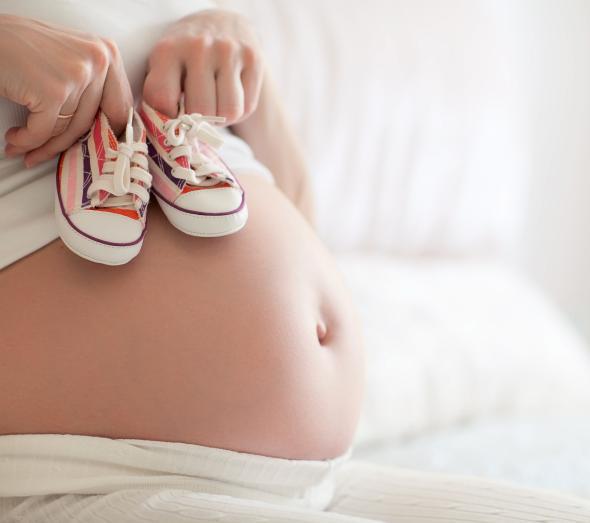Children of women with polycystic ovary syndrome, or PCOS, run a 59 percent higher risk of autism than those whose mothers don’t have PCOS, according to a new study from Sweden’s Karolinska Institutet. The report, published in Molecular Psychiatry, posits that exposure to certain sex hormones in utero may contribute to the development of autism-spectrum disorders. This is the first study suggesting a link between the two disorders.
Five to 10 percent of reproductive-age women in the U.S. suffer from PCOS, which leads to ovarian cysts and increased production of androgens like testosterone and androstenedione. These hormones are present in all women, but those with PCOS experience higher levels, which can lead to acne, menstrual disruption, atypical hair growth, and weight gain. Scientists at the Karolinska Institutet believe the excess androgens might also affect a fetus’ growing brain and neurological development.
Researchers used Sweden’s national health database to study all children born in the country from 1984 to 2007; about 24,000 had autism-spectrum disorders, and the remaining 209,000 were used as controls. They found that having a mother with PCOS increased a child’s risk of developing an autism-spectrum disorder by 59 percent. Children born to mothers living with both PCOS and obesity showed an even higher rate of autism diagnoses. Obesity can be an indicator of a severe case of PCOS, marked by a comparatively greater elevation in androgen production.
Though more than four times as many boys are diagnosed with autism as girls, the study didn’t find a gender difference in PCOS-related risk factors. The authors point out that androgens may not be the direct cause of autism in the study’s cases; the origin of PCOS is unknown, and there could be an underlying genetic cause common to both PCOS and autism. It’s also possible that the correlation relates to one of PCOS’s other metabolic effects.
This new information could encourage earlier diagnosis of autism in children born to mothers with PCOS, but the study authors caution against panic among people living with PCOS who have or may have kids: Autism is a rare disorder, so the chances of a child of a person with PCOS developing autism are slim. Still, with relatively little science-based information on autism out there, this new avenue for future study is a small but important step.
